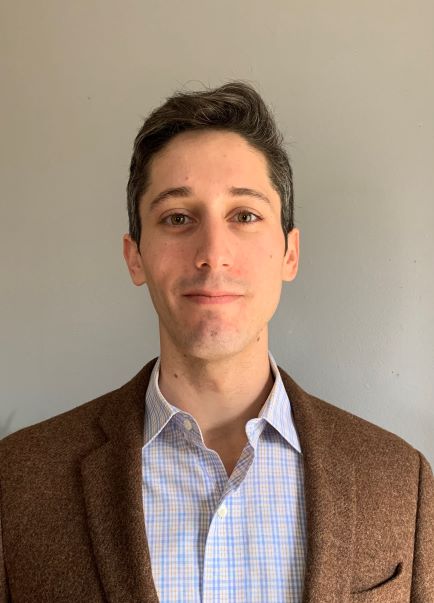Philip Morel, Class of 2021, entered law school aiming at a career in federal government service. Morel joined the Office of Administrative Law Judges at the Federal Energy Regulatory Commission as a law clerk after graduation last May. His position at the FERC, which regulates the interstate transmission of electricity, natural gas and oil, places him at the intersection of energy law and policy at a time when both federal and state governments are coping with the impact of climate change on energy needs and the energy grid.

Morel had confirmed his interest in energy law by working as an intern with FERC’s Office of the General Counsel during his 2L summer and then continuing to work part-time during his final year of law school. “I was interested in working at FERC because energy is going to be an active regulatory sphere going forward and I found the subject matter technically complex and interesting. But what really sold me on taking a permanent job there were the people I worked with at the Office of the General Counsel. They did a great job of mentoring me through a broad spectrum of issues in a complex area of law,” he said.
As an intern, Morel’s work for FERC involved researching jurisdictional and Freedom of Information Act (FOIA) issues. That work turned out to be an excellent preparation for his job as a law clerk supporting 15 FERC administrative law judges whose caseload is devoted exclusively to FERC matters. These judges resolve complaints and other matters that come before the commission, and Morel joined a team of law clerks who support them in an office headed by Chief Judge Carmen Clinton.
“This job is a pure legal role, very analogous to a clerkship in the federal judiciary, except that we’re supporting administrative law judges,” he said. “I assist administration law judges in drafting initial decisions on matters that affect energy pricing and affect how energy moves through the national grid. FERC’s authority extends over most of the country’s energy transmission infrastructure. In simple terms, FERC’s jurisdiction covers commerce in energy across state lines. That applies to natural gas, oil and electricity, including solar and wind, as well as the interstate energy transmission infrastructure and attending organizations themselves,” he said.
Judges on the FERC panel issue rulings in cases dealing with complex energy regulatory issues, and their clerks draft decisions on most matters that fall under FERC’s jurisdiction. Each judge in the Administrative Law Office has an assigned clerk, but Morel often teams up with other clerks to work on major cases. “The culture is to reach out to other clerks and help them when you can,” he said. “Right now, I’m one of several clerks working on a major case with a decision that will be hundreds of pages.”
After earning his undergraduate degree in history at Yale University, Morel spent three years working at two nonprofit organizations before starting law school. He had long set his sights on a career in government service; both of his parents had rewarding public-service careers. His father is a magistrate judge who started his legal career as a public defender, and his mother works for a nonprofit hospital.
When Morel realized he wanted to explore environmental policy, he applied to law schools that offered a good path to achieve that goal. Vanderbilt stood out because of its strong administrative and environmental law programs and the scholarships he received. “Vanderbilt definitely prepared me to work in administrative law, and my scholarships made it possible for me to pursue the kinds of internships that would help me launch a public-sector career. That was extremely liberating, and I found my job at FERC because of my work there as an intern and during my 3L year,” he said. “I’m really grateful to Vanderbilt Law and its donors for making that possible.”